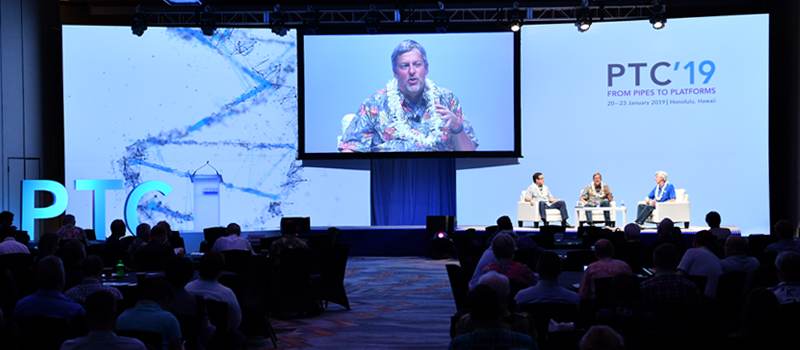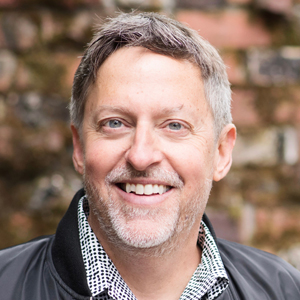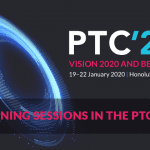

Interviewee:
Richard Whitt

Interviewer:
Joe Weinman
JW: What is GLIAnet? An acronym? A project? A concept? A theory?
RW: In some ways, all of the above. “Glia” means “glue” in Greek, and GLIAnet is focused on enhancing trust, accountability, and user control, which are really the glue that hold together relationships on the World Wide Web, especially between users and service providers such as social media, search, and ecommerce firms.
JW: Interesting, but why is this important?
RW: In my view, as the daily headlines demonstrate, many of the web’s core problems stem from pervasive and growing deficits in trust, accountability, and user control. This in turn has its roots in the prevailing business models and tremendous reach of the larger multisided online platforms like search engines or social media that bring together users, advertisers, and perhaps other parties. They ostensibly help you find things on the web or help you connect with friends and colleagues, but one of their primary strategies is to make money by soaking up your personal data. Their business model revolves around how they use information about you, and how much money they can make from it—whether by sharing the data with others or by sending you ads and content they want you to see.
JW: Some would say that that’s the deal users make for a wide-ranging universe of “free” services.
RW: It’s not at all clear to me that users actually fully appreciate the extent of these current, and future, incursions into their private lives. But to be clear here, I am not saying that these firms and their ecosystems are malevolent. In fact, they have provided popular and innovative tools that most of us voluntarily use. But as certain types of companies, operating certain kinds of online platforms, their financial motivations to maximize the use of our personal data are pretty irresistible. My only point is: “Why can’t we build another kind of ecosystem?” One with different incentive structures. One that gives each of us more breathing room to create our own interactions and experiences with the web. It’s not impossible to change business models. For example, while broadcast TV and YouTube monetize their product by selling ads, Netflix and Amazon Prime just charge for their services or include them in a bundle.
JW: Are the trust, accountability, and control challenges getting better or worse?
RW: Mostly worse, unfortunately. Many emerging technologies are being developed to further monetize user data: these include “big data” for profiling and inferencing; cloud computing for processing that data; and AI to learn, adapt, and decide for us. Soon enough, IoT devices will be collecting data on our location, using facial recognition, iris scans, heart rate monitors, and other biometric technologies. Then you can add in virtual and augmented reality, quantum computing, and other advanced tools.
Taken together, these technologies will give some companies a near total profile of you and your world. Imagine, for example, an entity that uses sentiment analysis techniques to analyze your emotions, and AI to determine that you are prone to expensive impulse purchases when sad. These entities then can ply you with ads for single malt scotch or expensive clothes, while at the same time raising the price. Countless other plausible scenarios can take similar advantage of each of us. And today, there are no laws or regulations in the United States that would protect us from such pernicious online behaviors.
JW: So, what’s the solution?
RW: The basic concept behind the GLIAnet Project is to place a trusted third-party intermediary—a “TrustMediary”—between you and these data-monetizing Web firms. In a way, it’s not much different from when you hire an attorney to put money into escrow, or visit a doctor to recommend a treatment, or hire a home inspector before closing on a house.
TrustMediaries would have important fiduciary duties to you and me as individuals—including duties of care, loyalty, good faith, candor, and confidentiality. There might be any number of TrustMediaries, delivering various degrees of trustworthiness, accountability, transparency, and the like. Many of their functions could be implemented by existing entities, say, your local bank, retailer, favorite newspaper, ISP, the public library, or a range of start-ups. Each could have different business models and governance structures, or even could be non-profits fulfilling a mission.
JW: What kinds of functions would a TrustMediary have?
RW: For starters, it could help manage all your online interactions—track your passwords, maintain your online subscriptions, set up your digital wallet, monitor your web searches for pernicious sites, engage with those pages of online terms of service that no one reads but are considered binding, establish push notifications, and moderate content feeds. It would grow from there. The key is that the TrustMediary would assemble and manage all this technology solely on behalf of its clients, under a heightened duty of loyalty.
JW: The Internet and global connectivity have helped drive unprecedented worldwide economic growth and free services that we take for granted. Will this new approach somehow “get in the way” of this growth?
RW: Not at all, any more than escrow accounts or standard HUD-1 closing statements “get in the way” of home sales. Trustworthiness, accountability, and user control facilitate all kinds of mutually beneficial transactions and commerce, while helping eliminate fraud and malfeasance.
JW: What should someone reading this interview do next?
RW: A broad ecosystem approach will be crucial to the ultimate success of the GLIAnet Project. So, suggested next steps for government policymakers will be different than those for, say, tech firm engineers, or business entrepreneurs, or academics. A good start would be to visit www.glia.net to learn more and perhaps become involved in the community.




